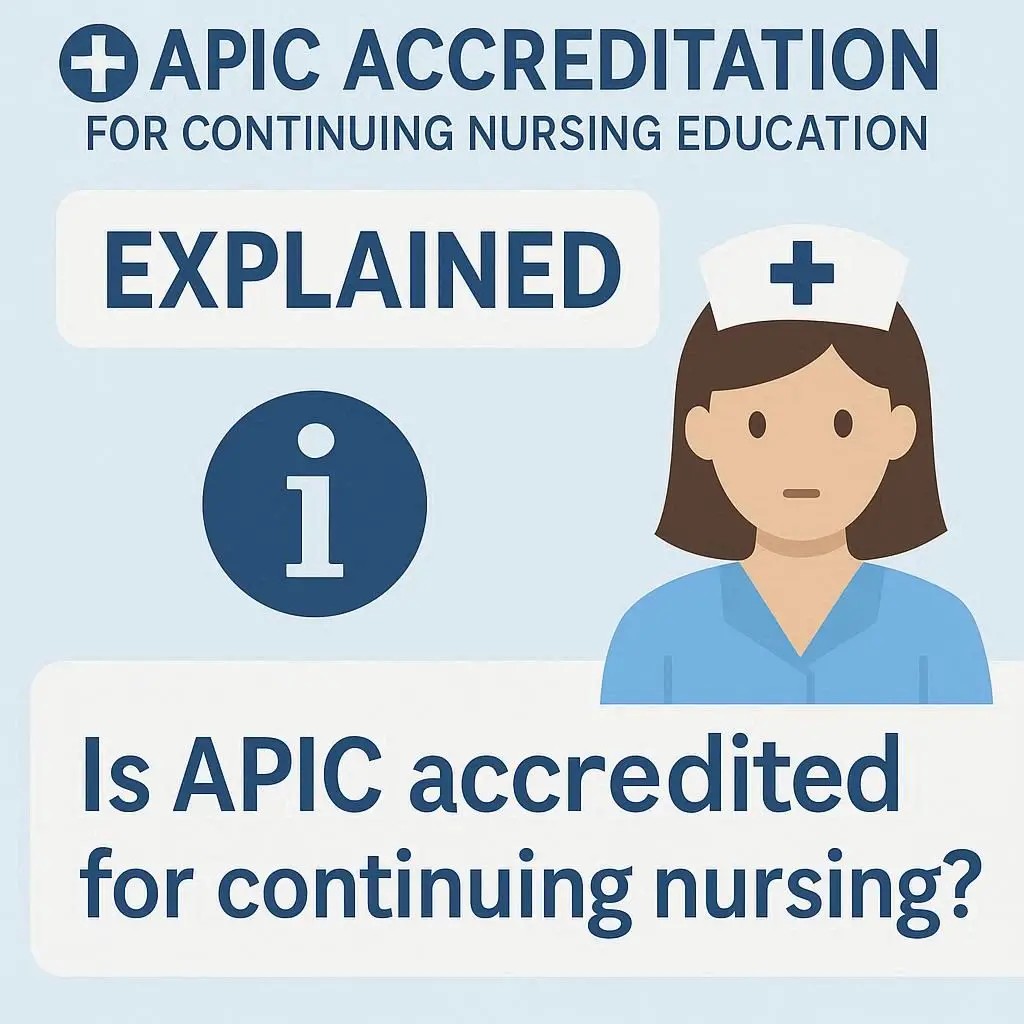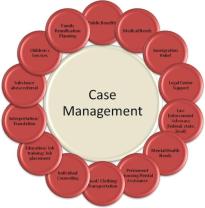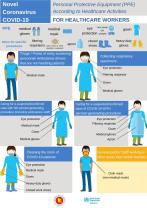Is APIC accredited for continuing nursing?
APIC Accreditation for Continuing Nursing Education: Explained
Continuing education is essential for nurses who want to maintain their licensure, stay updated on best practices, and advance their careers. One organization that offers educational resources in infection prevention and control is the Association for Professionals in Infection Control and Epidemiology (APIC). But is APIC accredited for continuing nursing education (CNE)? Let’s explore.
What Is APIC?
APIC is a leading professional organization dedicated to promoting infection prevention and control across healthcare settings. It provides resources, training, and guidance for healthcare professionals, including nurses, to reduce the risk of healthcare-associated infections (HAIs) and improve patient safety.
APIC Accreditation for Nursing
APIC offers a variety of educational programs, webinars, conferences, and workshops. Many of these activities are accredited for continuing nursing education. Specifically:
APIC is accredited as a provider of continuing nursing education (CNE) by the American Nurses Credentialing Center’s Commission on Accreditation (ANCC).
Nurses who participate in APIC-accredited programs can earn CNE contact hours, which count toward license renewal or professional development requirements.
Types of APIC Continuing Education Programs
Some examples of APIC-accredited learning opportunities include:
Online courses and webinars – Covering topics like hand hygiene, outbreak management, and infection prevention protocols.
Annual conferences and workshops – In-depth sessions with expert speakers and case studies.
Self-paced learning modules – Focused on emerging infectious diseases, antimicrobial stewardship, and patient safety.
Why Choose APIC for Continuing Nursing Education?
High-quality, evidence-based content – Courses are developed by infection prevention experts.
Accredited contact hours – Programs meet ANCC standards for continuing nursing education.
Career advancement – Completing APIC programs helps nurses stay competitive and enhance expertise in infection control.
Flexibility – Online modules and live events allow learning at your own pace.
Yes, APIC is accredited for continuing nursing education. For nurses, especially those working in infection prevention, hospital epidemiology, or patient safety, APIC provides reliable, accredited resources to earn continuing education hours while staying at the forefront of healthcare best practices.
APIC Continuing Nursing Education Programs
| Program / Course | Format | CNE Credit |
|---|---|---|
| Online Courses & Webinars | Self-paced or live online | Accredited contact hours for ANCC licensure |
| Annual Conferences & Workshops | In-person or virtual events | Earn CNE hours through participation |
| Self-Paced Learning Modules | Online | Accredited for continuing nursing education |
| Specialized Infection Prevention Training | Online or in-person | Counts toward CNE credit and professional development |
Is APIC accredited to provide continuing education for nurses?
Yes, the Association for Professionals in Infection Control and Epidemiology (APIC) is accredited to provide continuing education for nurses.
What is the process for nurses to receive continuing education credits from APIC courses?
To receive continuing education (CE) credits from an APIC course, nurses must follow a specific process. Generally, this includes being registered for the course, attending the sessions in their entirety, and completing the course or session evaluations.
What is the American Nurses Credentialing Center (ANCC) and its role in APIC accreditation?
The American Nurses Credentialing Center (ANCC) is a subsidiary of the American Nurses Association and is the largest and most prominent nursing credentialing organization in the United States.
How do I know if a specific APIC course is eligible for CNE credits?
To determine if a specific APIC course is eligible for Continuing Nursing Education (CNE) credits, you should check the course description or the accreditation information provided on APIC's website for that particular event or course. Look for a section on "Accreditation" or "Continuing Education." This information will explicitly state the number of nursing contact hours designated for the activity, as well as any other accreditation details. For online courses, this information is often displayed on the course's page, sometimes in a small blue box next to the course name.
What other healthcare professionals can receive continuing education credits from APIC?
Due to its Joint Accreditation status, APIC is authorized to provide continuing education for a wide range of healthcare professionals, not just nurses. In addition to nurses, professionals such as physicians, pharmacists, and others can receive continuing education credits. APIC's educational programs are designed to support interdisciplinary practice and are eligible for credits from various accrediting bodies, including the Accreditation Council for Continuing Medical Education (ACCME) for physicians and the Accreditation Council for Pharmacy Education (ACPE) for pharmacists.











